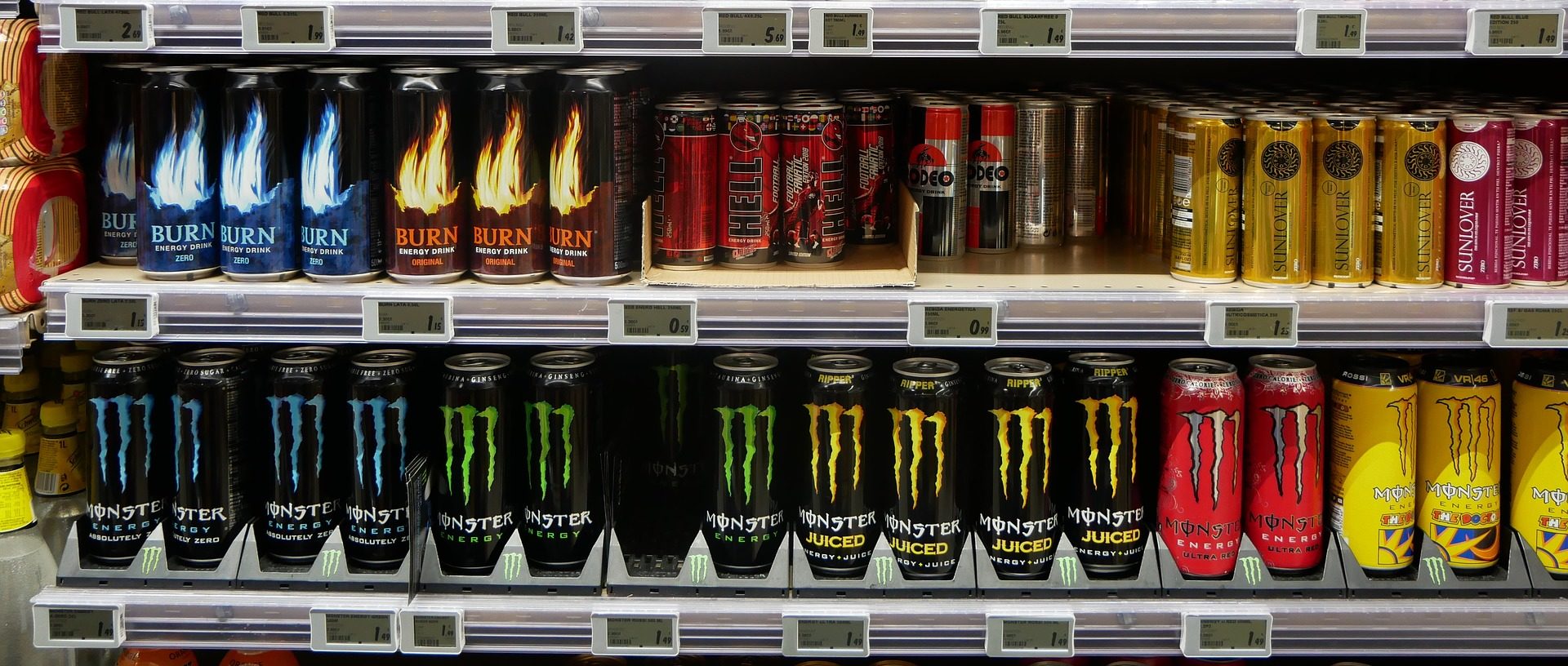The parties and the disputed products
The energy drinks start-up Manimal Energy commenced its distribution of energy drinks in Norway in 2017. Manimal offers energy drinks in drink cans featuring inter alia the slogan “unleash the instinct within you” and an image of a panther’s head combined with a man’s head. The drink cans are available in several color combinations, including a combination of black and green.
The international energy drinks giant Monster Energy Company launched its eponymous energy drink “Monster Energy” on the Norwegian market in 2010. Monster has registered and owns numerous trademarks worldwide, including variations of the words “unleash” and “beast” in Norway. Monster offers a variant of its Monster Energy drink in a black can, with a green “M” logo and a combination of white and green text.
Monster filed a lawsuit against Manimal, arguing that Manimal’s use of the slogan “unleash the instinct within you” infringed Monster’s trademark UNLEASH THE BEAST, pursuant to the Norwegian Trademarks Act section 4. Monster also claimed that its trademark enjoyed greater protection as a famous trademark, and that Monster had even acquired rights to a family of “unleash…” trademarks, which it argued that Manimal’s slogan was infringing. Monster also contested that Manimal had copied the design of Monster’s drinks can, contrary to fair business practices and the prohibition against product copying in the Norwegian Marketing Control Act sections 25 and 30.
The court’s assessment
Monster’s arguments failed to impress the Norwegian courts. Manimal was first acquitted by Oslo District Court on 15 March 2019, and Monster’s appeal to Borgarting Court of Appeals was subsequently dismissed on 29 July 2020.
The appeal court found that there was no risk of confusion between Manimal’s and Monster’s cans. The court referred in particular to the dominant element on Monster’s cans being the «M» or «claw», depending on how you see it, while that element was absent from Manimal’s cans. The court also pointed out that there was no similarity between the “MONSTER” brand on Monster’s can and the “MANIMAL” brand on Manimal’s can. The court concluded that the “overall impression” created by the cans was “clearly different” and that Manimal’s cans did not constitute illegal product copying or a breach of fair business practices.
Regarding Monster’s claim for trademark infringement, the appeal court commented that Monster’s trademark and Manimal’s slogan were quite different in a number of ways, and that the only common element was the word «unleash». The appeal court did not agree with Monster that the word “unleash” was the distinctive element in the trademark and the slogan. To the contrary, the court found that this word was descriptive and could not as such prevent the disputed use of the word by Manimal. The court finally concluded that the evidence provided by Monster did not prove that Monster’s trademark UNLEASH THE BEAST, and variations thereof, was famous or protected as a trademark family.

A reflection
With regards to the trademark law, the court’s reasoning and conclusion is not surprising. Trademark law requires strict proof that a trademark is famous, and there is a high bar to clear before it is even relevant to consider whether a family of trademarks can entail broader protection for the trademarks in said family. Monster did not succeed in convincing the appeal court in this regard. Without such broader protection, it is fairly clear that Manimal’s use of the word “unleash” did not infringe Monster’s trademark containing the same word.
The conclusion regarding product copying and fair business practices is perhaps less evident, but seems correct based on the facts described by the appeal court. While there was similarity between the choice of colors and mood conveyed by Monster and Manimal’s respective drinks cans, the dominant elements of both cans were different. The dominant graphic element on Monster’s can is the green “M”, which is different from the predominantly black and white panther/man head on Manimal’s can. There are also no meaningful similarities between the style and meaning of the word “MONSTER” on Monster’s can and the fanciful term “MANIMAL” on Manimal’s can, which specifically refer to each company’s respective brand.
Looking at the case on a larger scale, it appears to follow a pattern of aggressive global trademark enforcement activities by Monster, including in Norway. By way of example, a brief review of cases before the Norwegian Boards of Appeals for Industrial Property Rights since 2013, shows that Monster filed at least 12 trademark oppositions during the last seven years. This list includes only cases that were appealed, meaning that the total number of oppositions may have been higher. We represented the other party in one such opposition, concerning Viacom’s Norwegian language trademark registration of «Blaze and the monster machines», related to the Nickelodeon children cartoon series. That case was, in our view unsurprisingly, dismissed by the Board of Appeals. In fact, the Board of Appeals only ruled in favor of Monster in 3 out of 12 cases, two of which only partially. Looking abroad, Monster also lost trademark disputes against e.g. the UK “pop-up pizza company” Monsta Pizza in 2019, over the trademark MONSTA PIZZA, and against a local UK entrepreneur in 2018, over the trademark THIRSTY BEAST.
Despite these set-backs, Monster may still consider such action successful due to the chilling effect it can have on competing brands and products. Drawn out trademark disputes with international industry giants can be crippling for start-ups and smaller businesses. There is also reason to suspect that some companies may give up when faced with threats of litigation from big, international trademark proprietors, rather than face a potentially long and economically devastating legal battle, even if they have the law on their side.In the case at hand, Manimal decided to stop the distribution of its products during litigation, leaving Monster with one less competitor on the Norwegian market. While difficult to quantify, the cost of litigation for Monster, even with liability for Manimal’s legal costs, may theoretically have been less than the cost of reduced revenue if Manimal had been operating on the market during that period.
That is not to say that Monster was necessarily wrong to pursue this and similar cases, although the above described success rate appears unusually poor. An aggressive enforcement strategy may in some cases be necessary to safeguard a company’s IPR and goodwill in the market. However, businesses and lawyers should, however, also be cognizant of the challenges posed by such aggressive strategies. They come at a cost to other market players and may undermine the balance of interests on which IPRs are based. Strategic use of IPR with the objective of harming or excluding rivals from the market, including improper use of courts to enforce alleged IPR infringements, has long been an issue within competition law especially with respect to patent enforcement. Such considerations should perhaps be taken into account more often that may sometimes seem to be the case before IPR infringement action is taken.
This article was first published on September 14, 2020 by the International Law Office.





